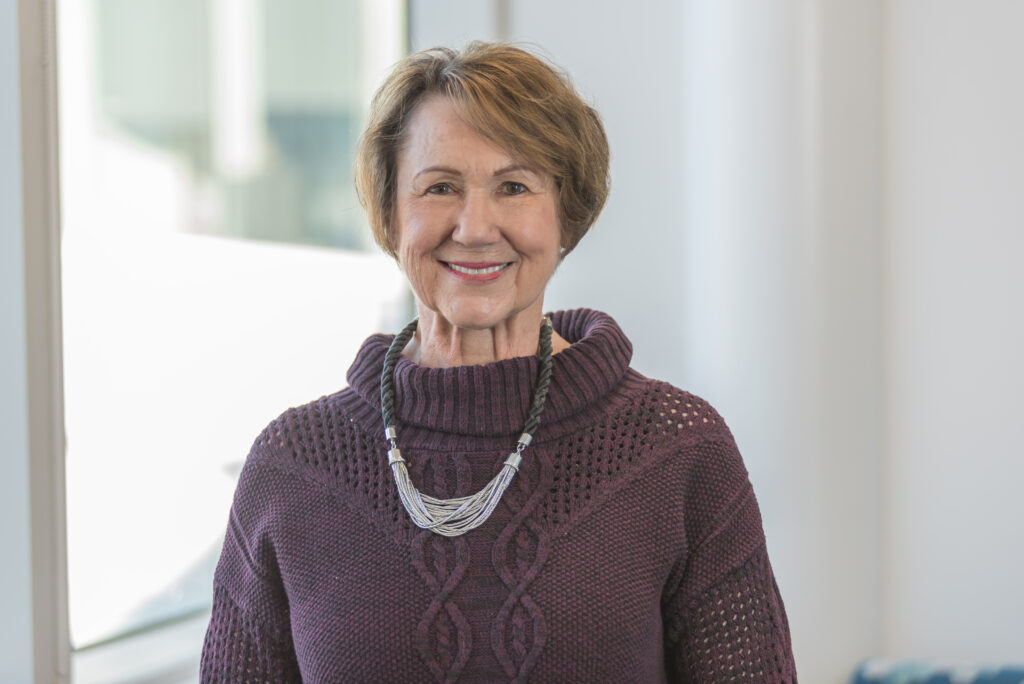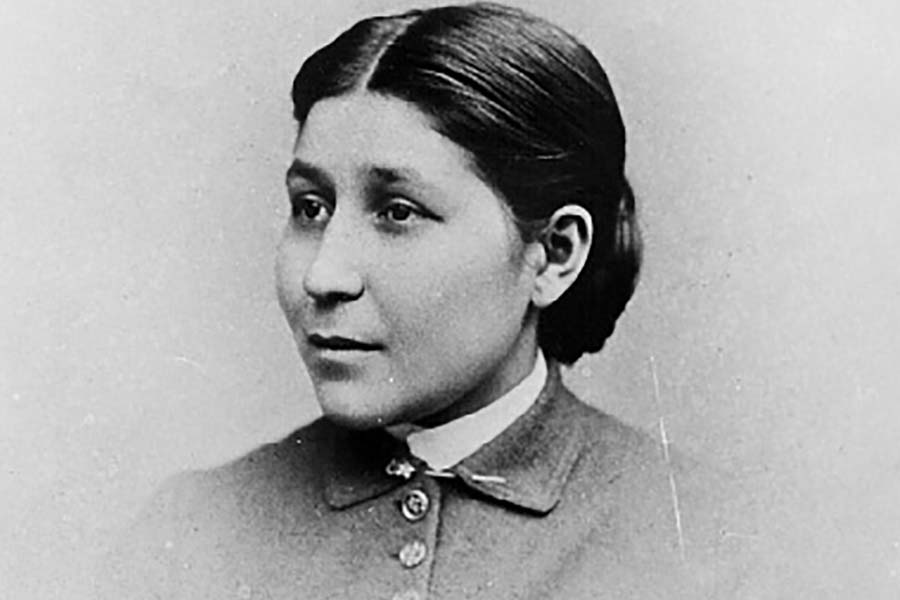A retired UNMC College of Nursing professor has documented Susan La Flesche Picotte’s, MD, many contributions to health care, Nebraska and the Omaha tribe.
Dr. La Flesche Picotte became the first female Native American doctor in the United States in 1889, a time when neither women and Native Americans had the right to vote. She returned to the Macy reservation to serve her people, the Omaha tribe, when disease ran rampant through reservations and no antibiotics existed to treat infections.
A detailed look at her dedication to the Omaha tribe, the diseases and issues she helped navigate and her lasting legacy can be found in “Healer: Susan La Flesche Picotte,” a new book authored by Nancy Waltman, PhD, a professor UNMC College of Nursing for more than 40 years.
Dr. Waltman said Dr. La Flesche Picotte’s dedication to her tribe inspired Dr. Waltman to write the book, her first.

“This would’ve been emotionally and physically exhausting for her, because Omaha people were in such desperate need of medical care,” she said. “Ninety-five percent of medications we use today were not available when Dr. La Flesche Picott practiced in the 1890s.”
What stood out to Dr. Waltman was Dr. La Flesche Picotte’s approach to treatment and management of patients. Knowing medications were not an option, Dr. Picotte instead focused on prevention by emphasizing isolation, hand washing, clean water and effective water and sewage systems.
“She knew that her priority would not be to prescribe medications for treating infectious disease,” she said. “Instead, her priority would be to prevent infections, and prevention meant promoting sanitation. She was really a leader in public health education for all of Nebraska.”
Dr. Waltman first became familiar with Dr. La Flesche Picotte during a dedication of the latter’s statue at the Centennial Mall in Lincoln in 2021. Learning about Dr. La Flesche Picotte’s career in health care, the changes she implemented that exist to this day and her impact on Nebraska history resonated with Dr. Waltman.
“I wanted to write something that was meaningful, something I was interested in and something I knew a little about,” she said. “I have had 50 years experience with health care, so I have some knowledge in this area. I was born in Nebraska near the farm homesteaded by my great-grandparents, and I lived in Lincoln for 40 years, so I have always been interested in Nebraska history.”
Those who pick up the book, Dr. Waltman said, will find vibrant illustrations and paintings, including the Omaha people, other famous Nebraskans from the 1890s and the herbal plants that were often used medicinally in those times. Readers will also learn about the challenges the Omaha people faced and how Nebraska’s growing population impacted Native American people.
“Healer” can be purchased by emailing Dr. Waltman and requesting a copy or by sending a letter for a copy to PO Box 22784, Lincoln, NE 68542. The book also is available for purchase on online sites such as Amazon.
